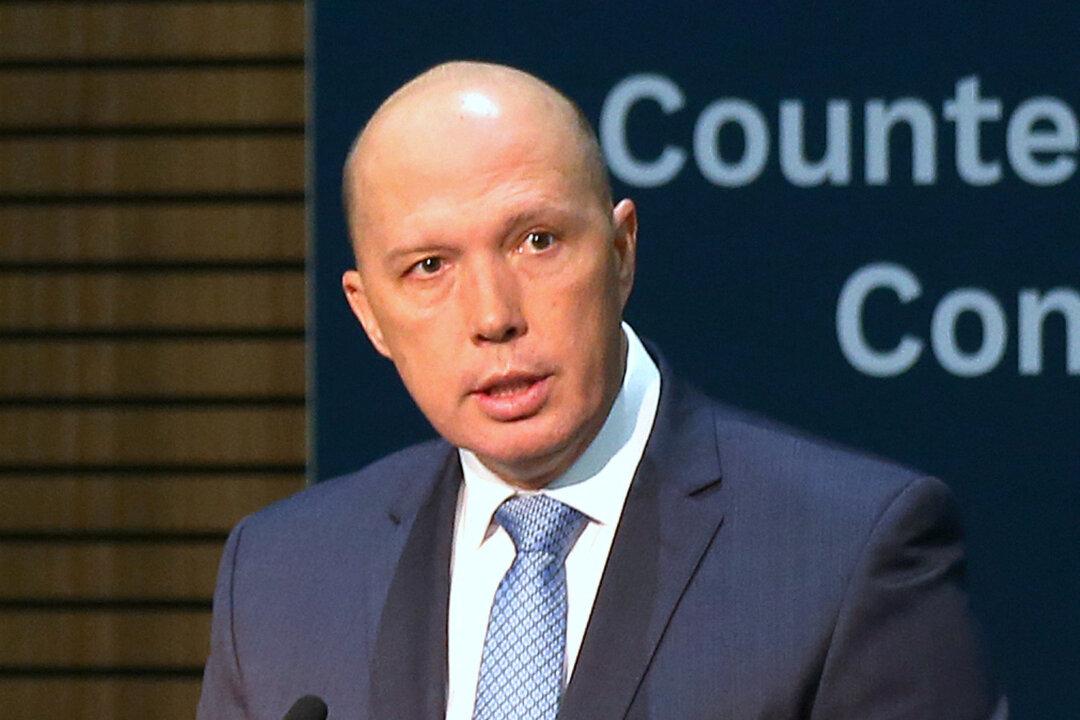Newly elected Liberal leader Peter Dutton said he wants to shift the focus from “symbolism” to practical actions to improve the living condition in vulnerable Indigenous communities.
The Queensland conservative has previously come under fire on indigenous issues after he refused to support the former Labor Prime Minister Kevin Rudd’s apology to Indigenous children who were removed from their families by the state from the mid-1800s to the 1970s. In 2010, he described the apology as tokenism that “distracts” people from delivering “tangible outcomes” to affected communities.




